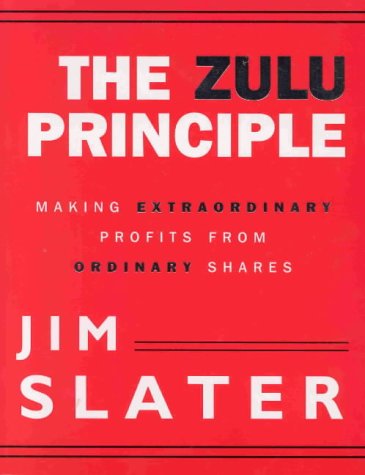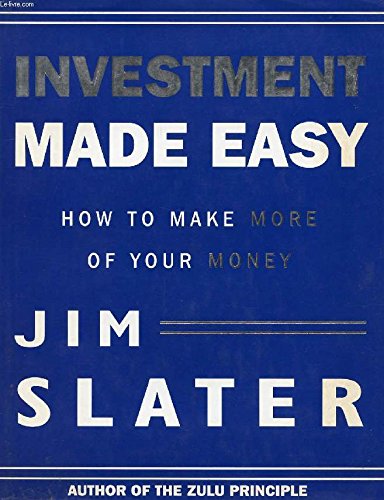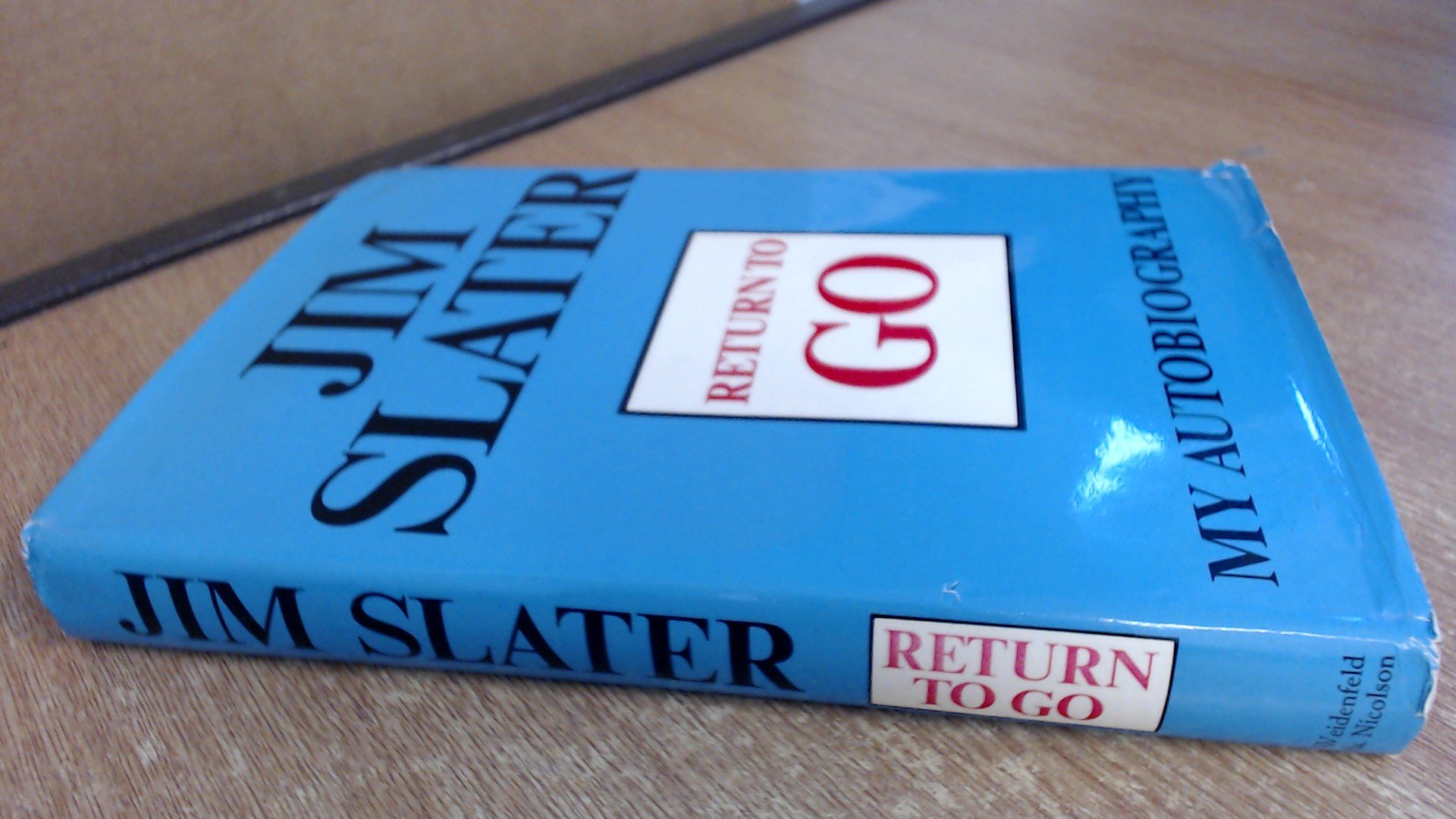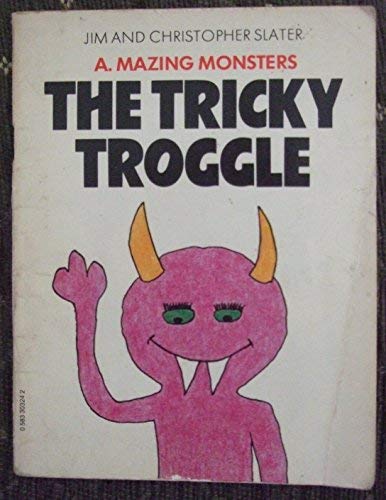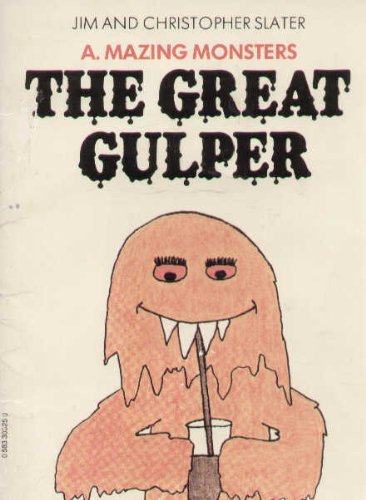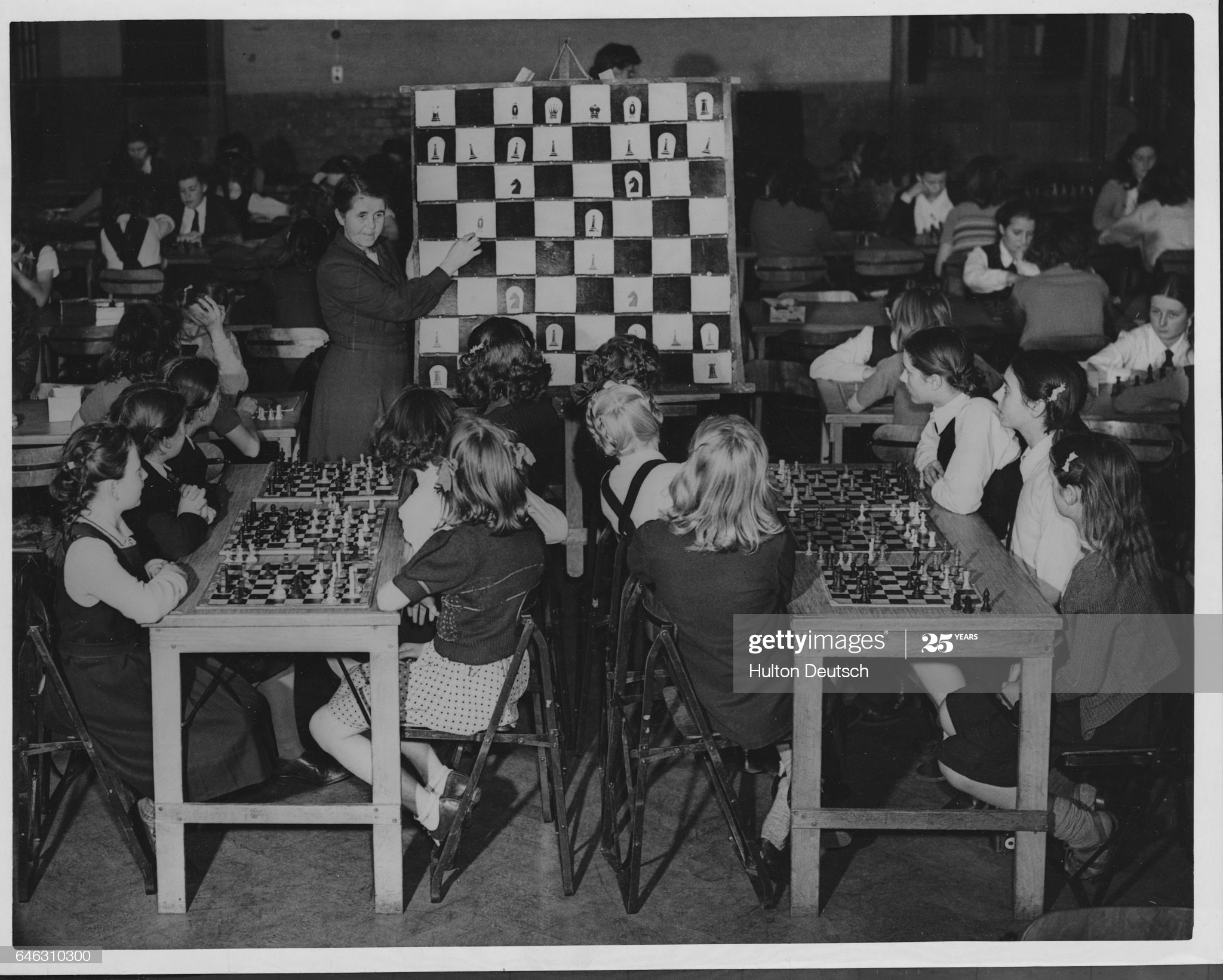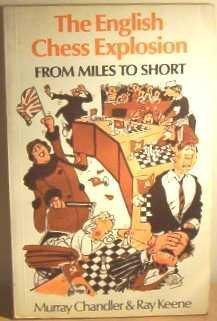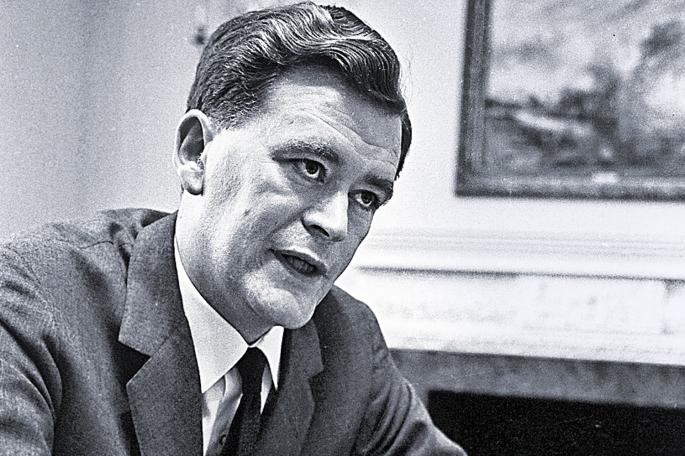
BCN remembers Jim Slater (13-iii-1929 18-xi-2015)
James Derrick Slater was born on Wednesday, March 13th, 1929. On the same day “Leon Trotsky gave his first interview to the foreign press in his apartment in Turkey, saying he was writing a book tracing the history of his opposition to Joseph Stalin and expressing a desire to go to Germany because he preferred the care of German physicians.”
He was born in Heswall, Cheshire (Wirral, Merseyside was the registration district) to Hubert Slater and Jessica Alexandra Barton.
He arrived (aged 31) in Southampton on board the Pretoria Castle as a first class passenger whilst resident in 16, Stafford Terrace, Kensington and his occupation was given as Company Director.
He died on 18th November 2015 in Cranleigh, Surrey aged 86. He had four children one of which is Mark Slater.
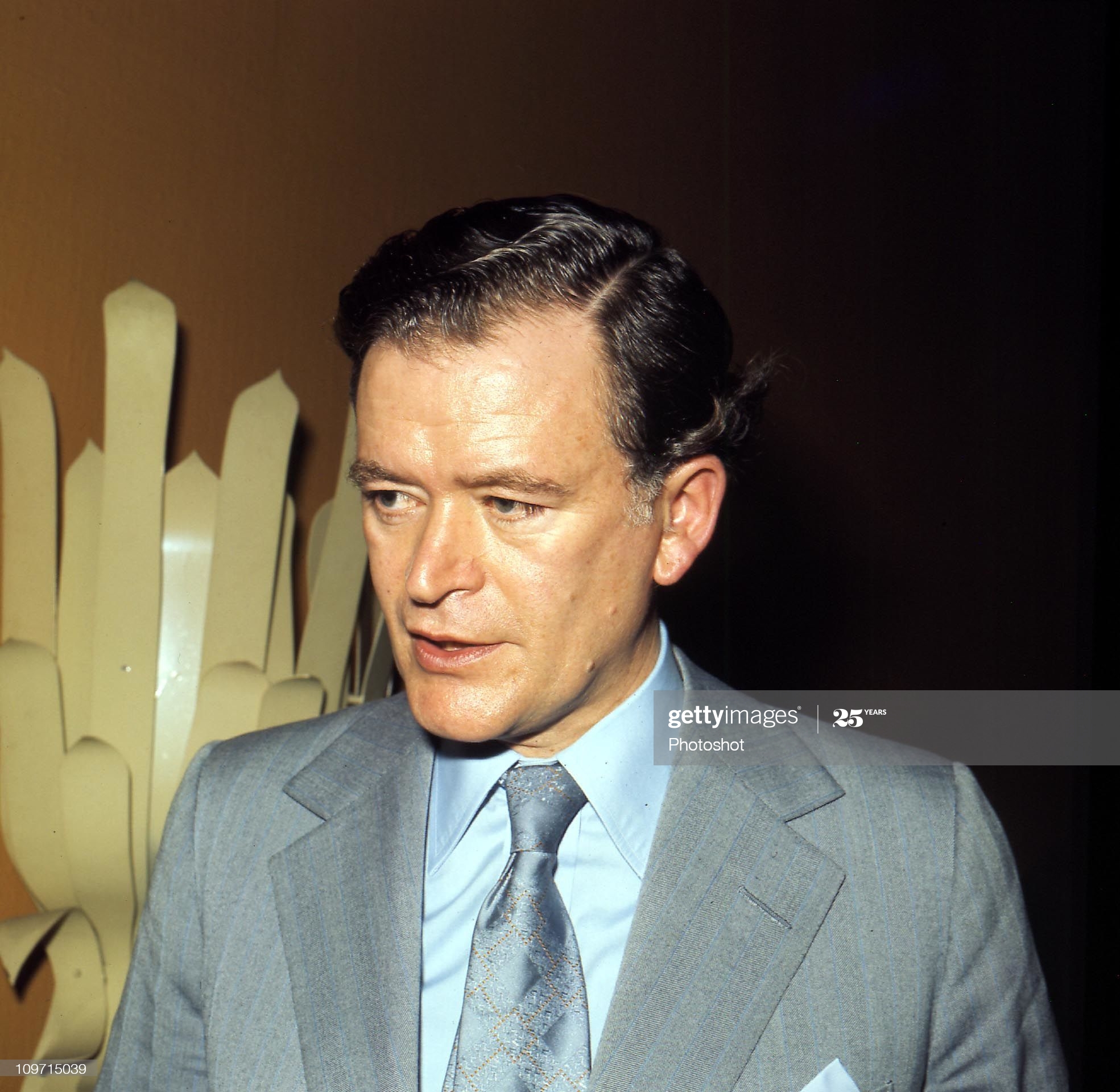
Jim wrote his chess autobiography as follows :
(This text was retrieved using the Wayback machine via https://web.archive.org/web/20110909053137/http://www.jimslater.org.uk/views/chess/)
“As a boy Jim Slater enjoyed playing Monopoly and draughts but his main indoor hobby was chess. He stopped playing chess after leaving school as he found it took too much time and concentration while studying for accountancy.
It was not until a colleague asked Jim to teach him to improve his game in the late 1960s that his interest in chess was rekindled. For a short while Jim joined a London chess club (Richard James reveals that this is West London Chess Club as mentioned in their internal magazine) but found he preferred correspondence chess which he could play much more conveniently when he returned home in the evening. Jim did quite well in his correspondence club, going up a few grades, until he reached a level at which it became hard work.
Jim had maintained a link with Leonard Barden, who was a British Champion and a chess correspondent. With his help Jim began subsidising the annual Hastings Tournament with a view to expanding it so that leading players would have a chance to qualify as international masters. Other countries would not invite British players to play in their tournaments until they became international masters so they were in an impossible situation. The small amount of help Jim was able to give to Hastings was arranged in a very low-key way and attracted very little publicity. The World Chess Championship would prove to be a very different proposition.
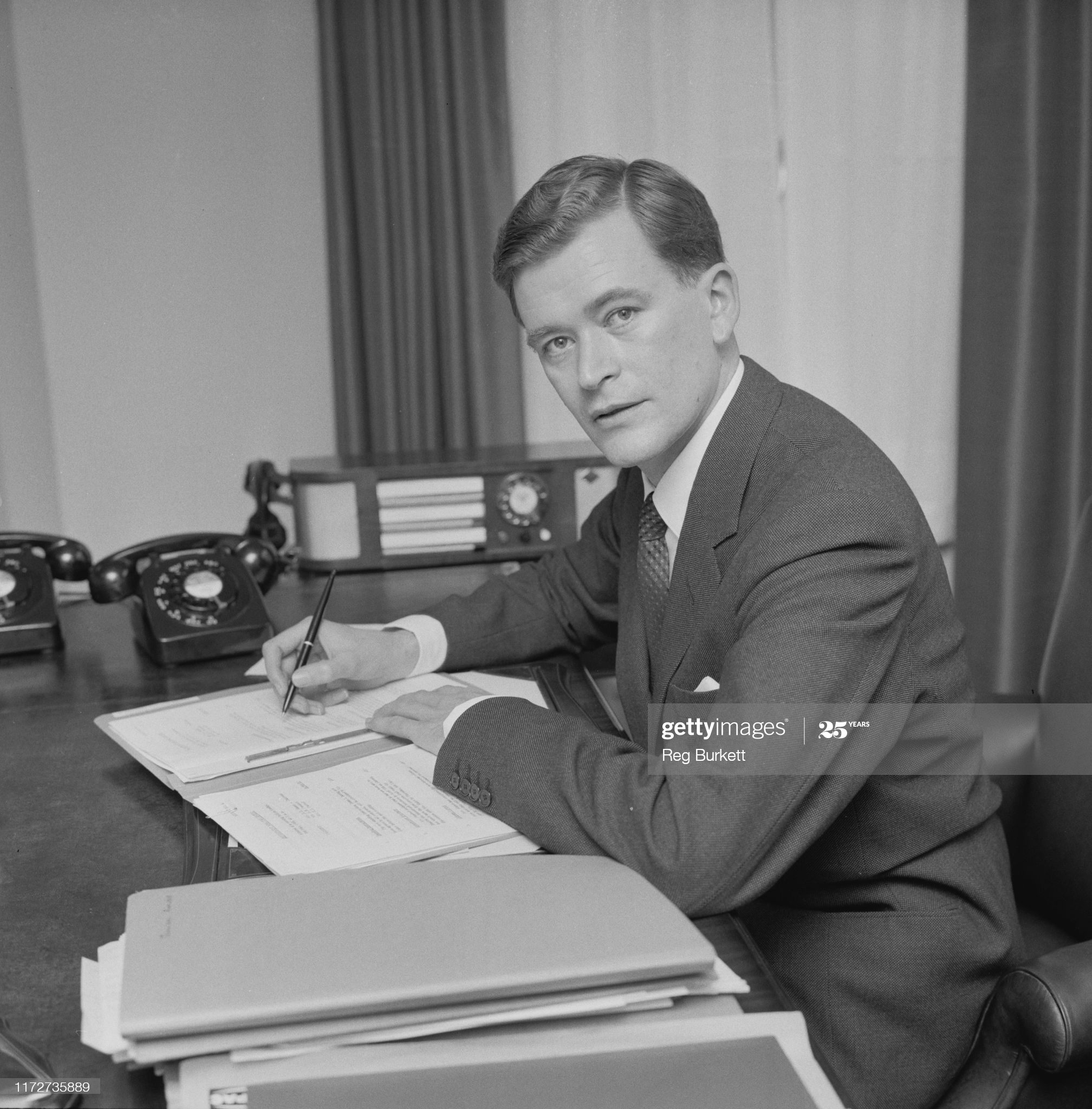
For the previous two decades the Russians had dominated world chess and then the West produced two exceptional players – Bobby Fischer of the USA and Bent Larsen of Denmark. In particular, Fischer had fantastic potential but he was handicapped by being extremely temperamental.
In the final rounds of the World Chess Championship the players were playing the best of ten games. In the quarter finals Fischer won six games to nil. In the semi-final Fischer was paired with Larsen and also beat him six games to nil. This had never happened before in world chess, and for the first time it looked as if the Russians were going to get a run for their money.
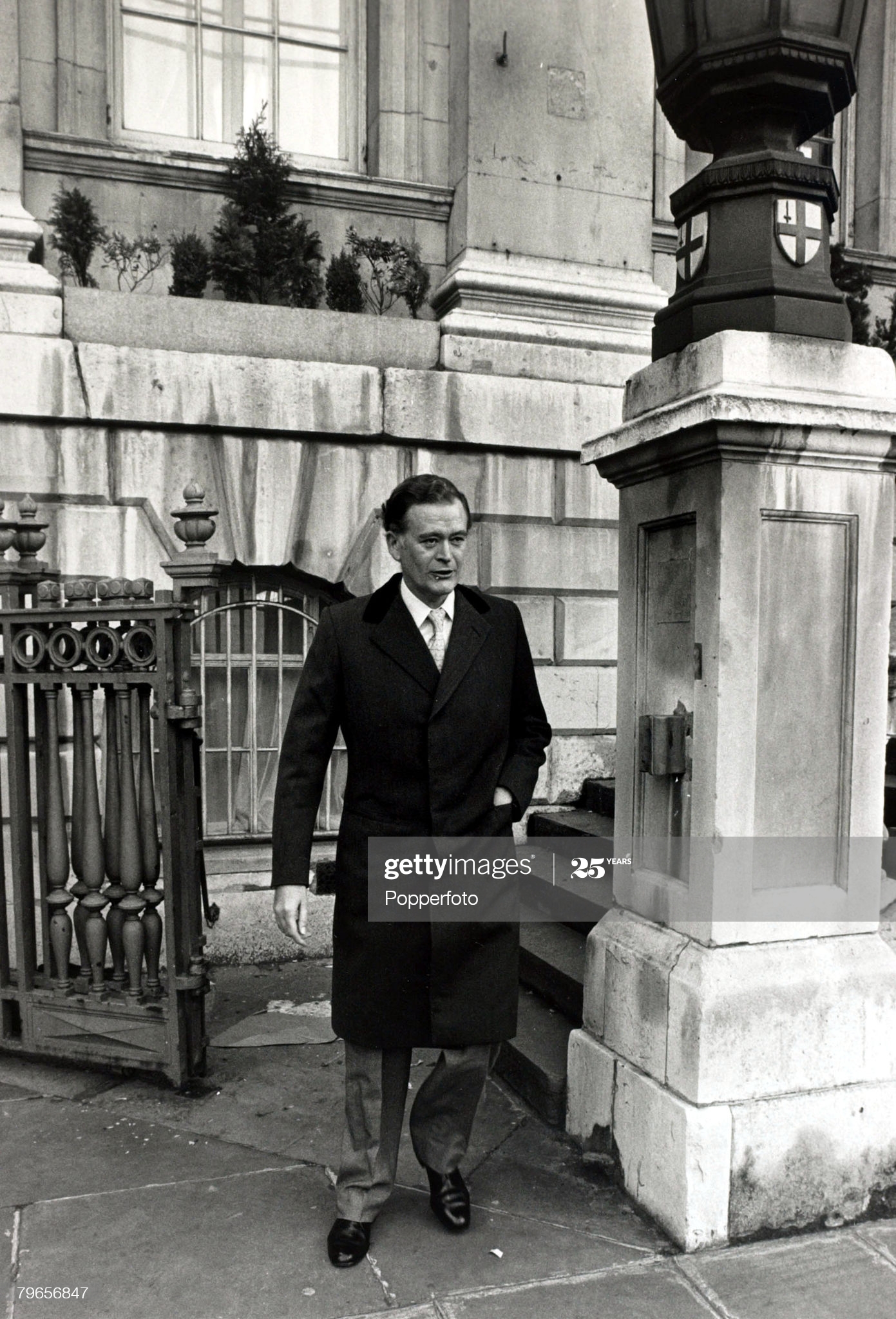
In the last qualifier Fischer came up against Petrosian, a brilliant defensive player. Fischer won the first game but lost the second. The next three games were drawn. It was said by some that Fischer had a bad cold and everyone wondered if he could regain his earlier momentum. After this relapse he won the next four games. This made Fischer challenger to Spassky. Spassky too was a brilliant attacking player and had been a chess genius since early childhood, so it promised to be an exceptional match.
While preparations were being made for the World Championship in Iceland, Fischer started to complain about the prize money which he thought should be doubled.
‘I was driving into London early one Monday morning in mid-July feeling disappointed that after all this build-up Fischer might not be taking on Spassky, when it suddenly occurred to me that I could easily afford the extra prize money personally. As well as providing me with a fascinating spectacle for the next few weeks it would give chess players throughout the world enormous pleasure for the match to proceed.’
Jim Slater
From The Complete Chess Addict (Faber&Faber, 1987) , Mike Fox & Richard James:
“Jim Slater, the financier and children’s author, was a strong schoolboy player. He gave up chess for finance. This turned out a very good thing for chess, since he was able to tempt Bobby Fischer (with a £50,000 increase in stake-money) into playing Boris Spassky for the world title in 1972. Here’s what the young Slater was capable of:”
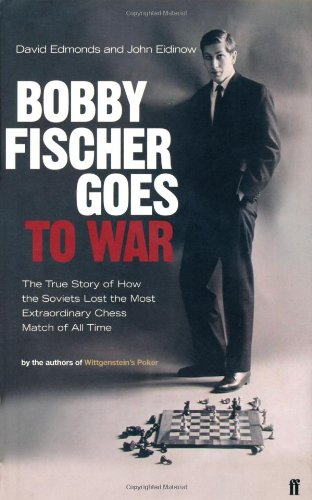
From Bobby Fischer Goes to War , David Edmonds and John Eidinow, Faber & Faber, 2004 we have a fuller account as follows :
“Driving to work in London early on Monday morning, 3 July, Jim Slater was upset by a radio report on the challenger’s non-appearance in Reykjavik. Slater was a businessman who had set up his own company, Slater Walker Securities, in 1964, when he was in his mid-thirties. His partner, Peter Walker, had left the business to become a Conservative member of parliament and a government minister under Edward Heath and,later, Margaret Thatcher. At the time of the Fischer-Spassky match, the company reportedly had a controlling interest in 250 companies around the world. Supremely confident, decisive, ruthless in business, Slater had by then amassed a fortune of, in his own words,’£6 million and rising’. A gambler by nature, the one big luxury he allowed himself was to play bridge for thousands of pounds with stronger opponents.
He was also a chess fan and supporter of the game, subsidizing the annual Hastings tournament. In the years following Fischer-Spassky, he would, alongside the former British champion and journalist Leonard Barden (who provided the vision and organization), transform the state of British chess by channelling funds into junior competition. Now he decided that he could easily afford the money to send Fischer to Reykjavik – or expose the American as a coward. He would double the prize, putting an additional £50,000 ($125,000) into the pot. Arriving at his office that Monday morning, he passed on his offer through Barden, who then spoke to Marshall, giving the US attorney some background details about this championship angel. Marshall then talked to Fischer. Slater says he also telephoned his friend David Frost, who in turn rang his friend Henry Kissinger’ Kissinger then contacted Fischer. What motivated Slater?’As well as providing me with a fascinating spectacle for the next few weeks, I could give chess players throughout the world enormous pleasure’
Slater’s offer made headlines in London’s Evening Standard and his house was soon swarming with reporters. When he returned from work, he told his astonished wife,’I had a good idea on the way to the office.’The good idea was couched in challenging terms: ‘If he isn’t afraid of Spassky, then I have removed the element of money’
Here is the famous headline from the July 3rd, 1972, London edition of the Evening Standard retrieved from Edward Winters‘ https://chesshistory.com/winter/extra/spasskyfischer.html

It is not altogether clear how the British offer finally persuaded Fischer. Paul Marshall certainly had a hand, initially pushing it as the answer to all Fischer’s financial demands.’But he wouldn’t accept it; he says.’His experiences with people promising things had taught him not to believe them, particularly with money. And he wanted proof. And he said no.’Marshall tried to change his mind. Phoning Barden, the attorney took his place in the gallery of callers that saved the match.’I said if I were them I would rephrase the offer. Slater should say he didn’t think his money was at risk, because Fischer was just making excuses. He should say that deep down Fischer was frightened. I said Bobby might be piqued by that challenge – and he was. I knew Bobby was very very competitive and combative and would not like to be thought of as a chicken.’ Slater denies this version of events. He maintains it was always his idea to express his offer as a taunt. He never spoke to Fischer and never received a word of gratitude from him.’Fischer is known to be rude, graceless, possibly insane,’he says.’I didn’t do it to be thanked. I did it because it would be good for chess.'”
The match between Fischer and Spassky was a most exciting one and fully up to everyone’s expectations. Fischer won the match.
A few months later, in an endeavour to help our young players, Jim Slater offered on behalf of The Slater Foundation to give a prize of £5,000 (about £75,000 in today’s money) to the first British grand master and £2,500 to the next four. Over the next few years Great Britain went from having no grand masters to twenty and became one of the strongest teams of young chess players in the world.”
Here is an obituary written by Stewart Reuben
and here is an obituary from Liberal England
Here is an item from the Slater Foundation
and here is his entry from chessgames.com which lists one game from 1947 : “James Derrick Slater, better known as Jim Slater, was an English accountant, investor and business writer. Slater became a well-known chess patron in the 1970s, when he stepped in to double the prize fund of the Fischer-Spassky world championship match at a time when Fischer was threatening not to play, thereby enabling the match to go forward. Afterwards he provided significant financial backing for the development of young British players, many of whom later contributed to Britain becoming one of the world’s strongest chess countries in the 1980s.”
From The Oxford Companion to Chess (OUP, 1984) by Hooper and Whyld :
“British chess patron, financier, children’s author, Slater achieved wide fame in the chess world on the occasion of the Spassky-Fischer world championship match of 1972. Fischer showed reluctance to play and apparently decided to do so when Slater added £50,000 to the prize fund. Slater has also made contributions to many other chess causes and in 1973 set-up the Slater Foundation, a charitable trust which, among other activities, pays for the coaching of young players and provides help for their families if needed. Leonard Barden advises the trust on chess matters. In the 1970s, partly owing to this patronage, junior players in Britain became as strong as those in any other country.”
From The Encyclopedia of Chess (Batsford, 1977) by Harry Golombek:
“An English financier, a great patron and benefactor of chess, both on a national and world level. Passionately devoted to chess from schooldays. He said that on leaving school he hesitated between the alternatives of become a chess master and of going into business, opting for the latter on the grounds that he was not sure of his chess-playing prowess.
It is perhaps a fortunate thing for chess that he did not become a chess-master, since he offer of a £50,000 increase to the stake at the match at Reykjavik in Iceland in 1972 may well have swayed Fischer into consenting to play. He established a Slater Foundation Fund which helps young English players to go and play abroad.”
Here is his Wikipedia entry
Here is a small item from Dennis Monokroussos
